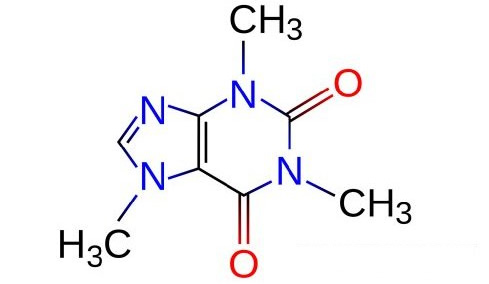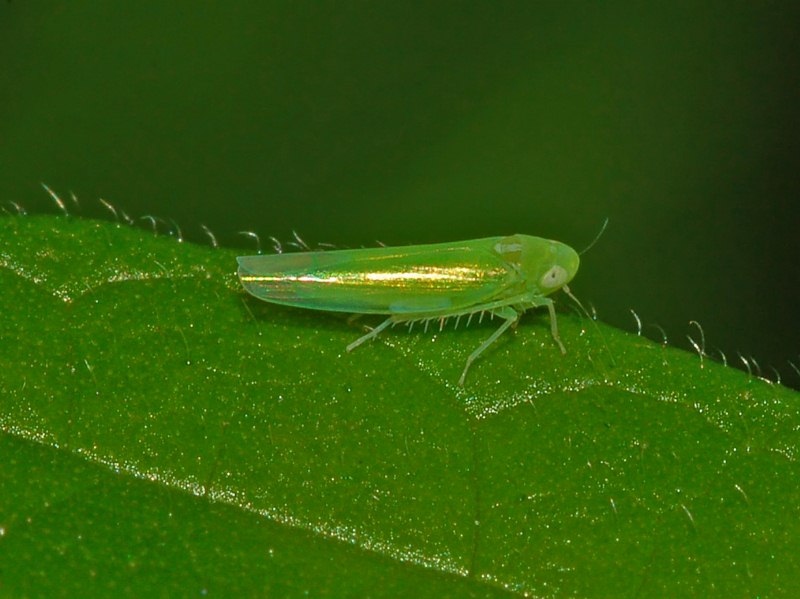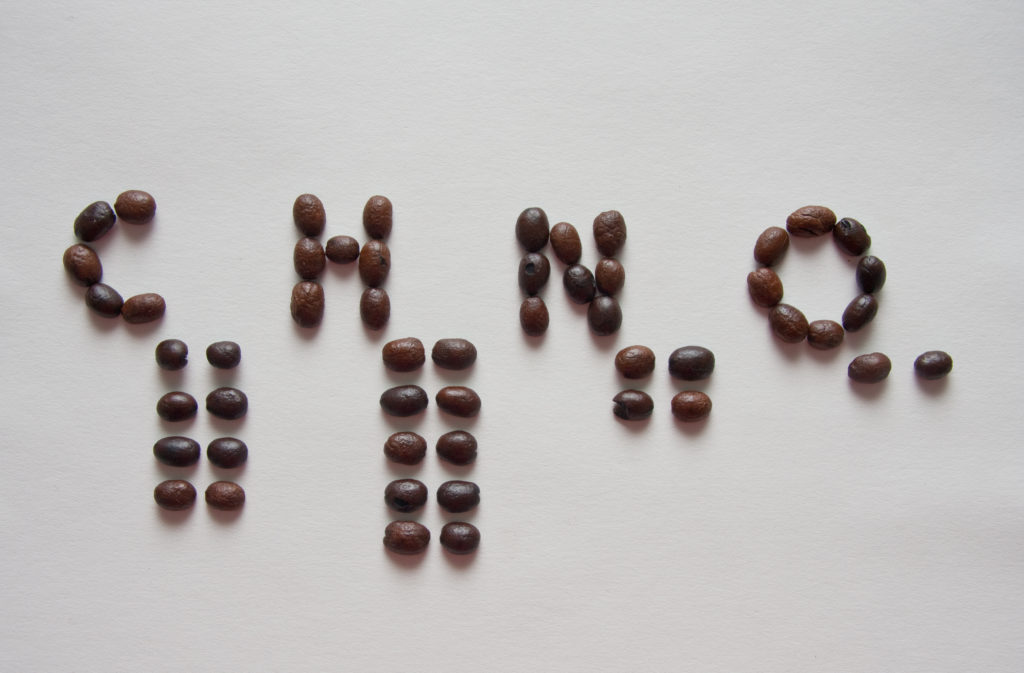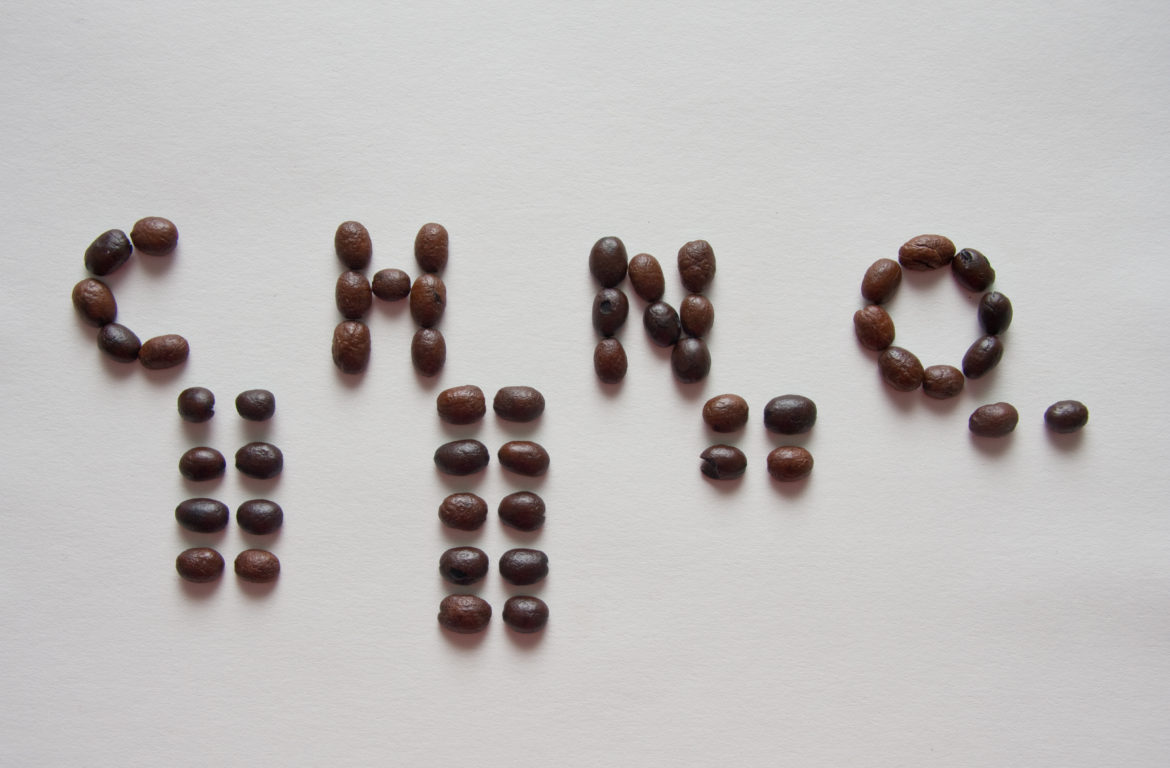I and many others have searched high and low for a definitive answer to the question of caffeine in tea, but it appears there simply isn’t one to be found. This has lead to the rise of a great number of myths and occasionally out-right science fiction with regards to how much caffeine is in tea.
What is caffeine?
Let’s start by talking about what caffeine is.

Caffeine is a type of stimulant known as methylxanthine. It’s able to stimulate our brain because it fits into spaces in the brain reserved for something else called adenosine. Adenosine builds up in our bodies as we burn energy throughout the day and causes sleepiness by attaching to receptors in our brain.
Caffeine mimics the shape of adenosine and attaches to those receptors instead, creating the following benefits:
- Improved cognitive abilities
- Fatigue relief
- Enhanced mental performance and focus
The down-side of excessive caffeine consumption is:
- Caffeine “jitters” or shakes
- Anxiety
- Elevated blood pressure
- Stiffened blood vessels
How much caffeine is too much?
One study I read indicated adverse effects of caffeine start to arrive at daily doses of 300mg of caffeine. [1] Another study showed participants experiencing anxiety at daily levels of 600mg. [2] There are two things to bear in mind about this question:
First, are you caffeine-sensitive? I know I am. As much as a single sip of a caffeinated beverage will cause a noticeable change in my psychological and physical state. For this reason, I try to keep my caffeine consumption to somewhere around 200-250mg a day, which I believe to be roughly the average of one gongfu session.
Second, the evidence supporting caffeine’s link with anxiety is tenuous at best. This is due to issues with methodology and serving size. Smith results of prior studies on the subject “suggest that increases in anxiety following caffeine are often only found following consumption of amounts that would rarely be ingested by the majority of people.” [3]
How much caffeine in a cup of tea?
According to the US Department of Agriculture, on average a cup of tea (~8 ounces or 240 mL) has 27mg of caffeine. [4] The problem with this definition is their definition of “tea” is a cup of unsweetened “instant” tea, which means a powder or bag. What about pure leaf tea? Is this “tea, instant, unsweetened” black tea? Oolong? We don’t know!
Well okay, so if there’s a problem with this measurement, then what’s the actual answer? The answer is there is no one answer.
Caffeine levels vary great based on everything from type of tea, which leaves are used, the tea plant’s growing conditions, to picking and processing (eg. shaded/unshaded, roasted/unroasted) methods, and so on. This makes accurately measuring caffeine content in tea basically impossible.
I understand this isn’t very useful, so let me take a stab at organizing tea relative amounts of caffeine.
Which tea has the most caffeine?
The teas with the most caffeine usually share the following characteristics:
- Spring-picked teas have more caffeine than fall or winter harvests
- Buds and “tips” (leaves on the very top of the bush) have more caffeine than leaves lower on the bush
- Shaded teas like gyokuro and matcha are very high in caffeine content thanks to the shading process
READ: The Complete Guide to Matcha
Here are some things that do not affect caffeine levels in tea:
- Oxidation has no effect on tea’s caffeine content, meaning no one “type” (eg. green, black, white) has inherently more caffeine than any other
- Fermentation has little effect on caffeine content. In fact, one study indicated caffeine levels can increase after fermentation [5]
Caffeine in Tea vs. Coffee
On average, caffeine content in coffee looks something like this:
- Espresso – 80mg
- Filtered Coffee – 120mg
This means you can drink 3-5 cups of coffee to before you hit the recommended daily maximum.
On average, caffeine content in tea ranges from 10 to 60mg, but even this is hard to measure. What defines a “cup” of tea? Are you drinking Western style or gongfu style? How many infusions of the same leaves have you consumed? And so on.
Theanine: Tea’s Secret Ingredient

Theanine is something that’s only found in tea (and some mushrooms). L-Theanine, to be precise, is an amino acid that crosses the blood-brain barrier and is a powerful psychoactive substance.
L-Theanine stimulates alpha brain waves, which promotes creativity and creates a meditative state of consciousness. When combined with caffeine, L-Theanine enhances the good aspects and reduces the bad aspects of caffeine.
Some studies have shown catechins (EGCG) and polyphenols also modulate effects of caffeine by reducing/slowing absorption of caffeine, creating a time-release effect.
In other words, coffee is a quick up and down that causes spikes and crashes. Tea is a much cleaner and sustained buzz.
Why does tea have caffeine?
Tea plants make caffeine as a defense mechanism because it’s toxic to insects.
Because bugs loves to eat the buds and young leaves, tea made from these parts of the bush will have higher caffeine content. Lower leaves (oolong territory) will generally have less caffeine. Season also matter because there are more bugs in summer so the plant makes more caffeine as a result.

The tea variety also matters. Camellisa Sinensis Assamica leaves have more caffeine than Camellia Sinensis. Clonal bushes have higher caffeine than seed-grown teas. Shade-grown teas (Japanese gyokuro and tencha for matcha) also have higher caffeine.
Some studies show longer withering will slightly increase caffeine. Futhermore, more oxidized teas may have slightly reduced caffeine. Still other studies show roasting tea may reduce caffeine content slightly but this is still dubious at best.
Caffeine: Facts and Myths
Is caffeine bad for you?
Caffeine can actually protect you against coronary heart disease, Parkinson’s, and some types of cancer. Of course, you have to keep your caffeine levels in check.
That said, consistent over-consumption of caffeine can lead to problems such as hardened blood vessels, so just because you can drink a lot of caffeine definitely does not mean you should.
There’s also some evidence that suggests consistently consuming very hot (over 70C/158F) may lead to increased risk of esophageal cancer. This is generally not a concern in gongfu tea, as the tea’s temperature drops precipitously as it moves from vessel to vessel to cup. Still, something to be aware of.
Will the caffeine in tea dehydrate you?
Caffeine is a diuretic (makes you pee), which does mean you lose water when you consume it. However, the amount of water vs. caffeine in tea is so high that tea is actually hydrating, not dehydrating, so drink up!
Does tea have caffeine or theine?
Way back in the day when caffeine was first discovered in tea by early scientists they called it “theine”. Apparently it’s a question whether theine and caffeine are different, but they’re not. It’s simply two different words to describe the same thing.
The more you know.
Can you reduce the amount of caffeine in tea before you drink it?
Sorry, but no. Turns out this commonly accepted notion of reducing caffeine in tea is false.
Studies have shown 30-second tea wash will extract something like 10% of the caffeine. If you really wanted to get 90% of the caffeine out you’d have to brew the leaves for 15 minutes. At that point, why even bother drinking it at all?

How to control caffeine consumption in tea
There are four ways to control the amount of caffeine you consume from tea:
- Use less leaf
- Use shorter brewing times
- Drink less infusions or smaller quantities
- Use lower temperature water (higher heat = more caffeine)
(Note: Matcha is an exception to the above because it is whole-leaf tea ground into powder form. This means you get all the things!)
If you simply must have tea in the afternoon or evening do the following:
- Drink loose leaf tea (so you can control the parameters)
- Try Japanese hojicha (roasted green tea) or kukicha (tea made from stems) for a delicious, low-caffeine afternoon cup
- Drink something herbal. I personally love ginger tea or rooibos tea as an afternoon treat.
Should you drink decaffeinated tea?
I do not approve of decaffeinated tea.
Decaffeinated tea is washed in a chemical solvent that strips caffeine from the leaves. The chemicals used are usually either ethyl acetate or supercritical CO2. The problem with this process is stripping away caffeine like this also strips away much of the goodness in terms of flavor and health benefits.
Caffeine is Complicated
Okay, so this turned out a bit heavier than I anticipated, but hopefully you come away from this post feeling better prepared.
I plan to write a couple follow-ups, one focusing on L-Theanine and alpha brain waves in particular, so please send any additional questions my way!
Hit any of the social links at the bottom of the page, leave a comment, or check out my Contact page to get in touch.
Resources
- Caffeine. – Lieberman, 1992
- The effects of 600 mg of slow release caffeine on mood and alertness – Sicard et al., 1996
- Effects of caffeine in non-withdrawn volunteers – Smith, 2002
- USDA FoodData Central
- Effect of Microbial Fermentation on Caffeine Content of Tea Leaves – Wang et al., 2005
(Photo Credits: teageek.net, gregrodgers)

4 comments
Nice synopsis. Thanks!
Thank you Phil!
Awesome info!
Look forward to hearing more on the theanine and GABA~
Confused???
Why: These statements,
“Theanine: Teas secret ingredient” “Theanine is something only found in tea (and some mushrooms)”
“Does tea have caffeine or theine?” “Its simply two different words to describe the same thing”
Looking forward to floow-up on L-Theannie and brain waves. Thank you